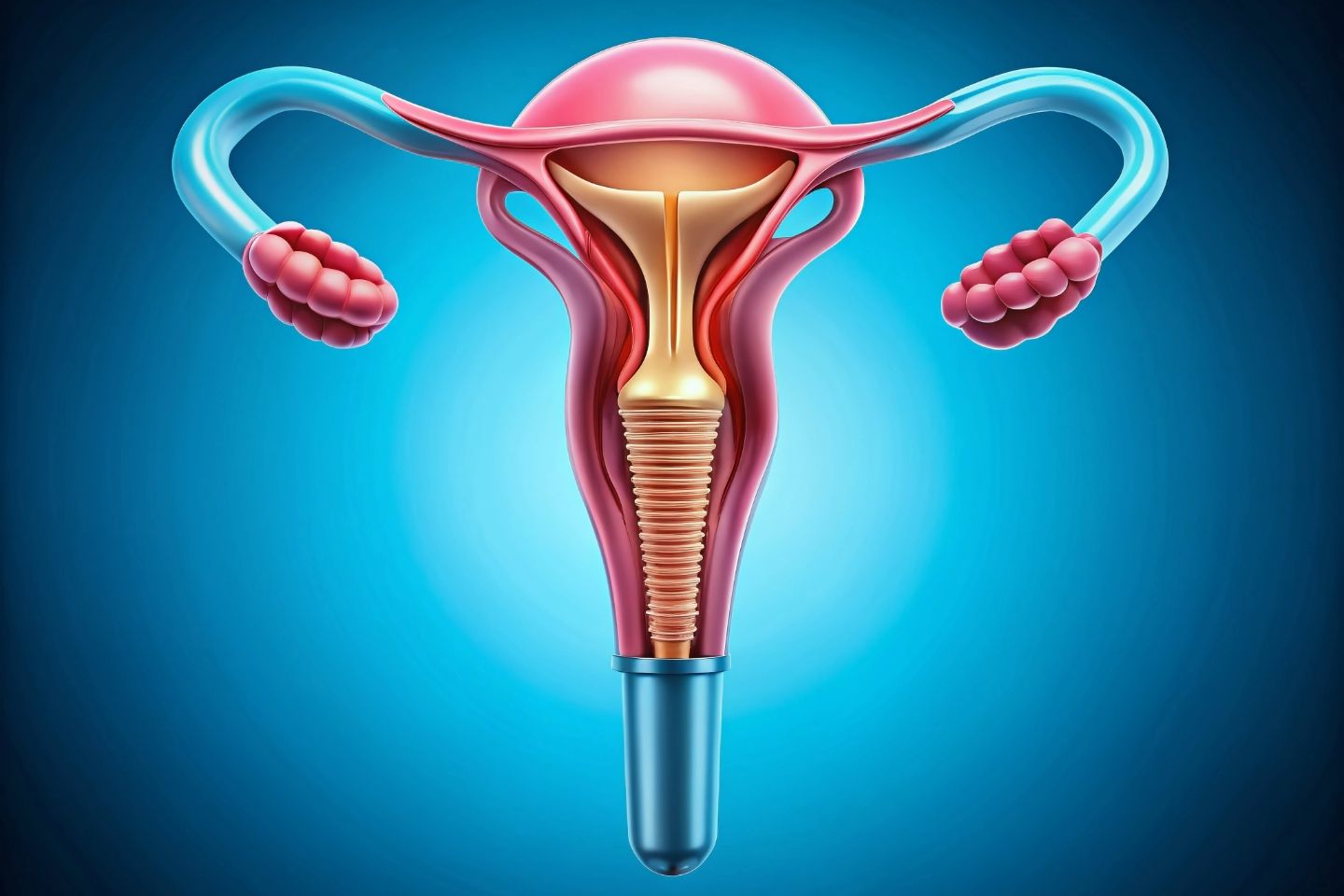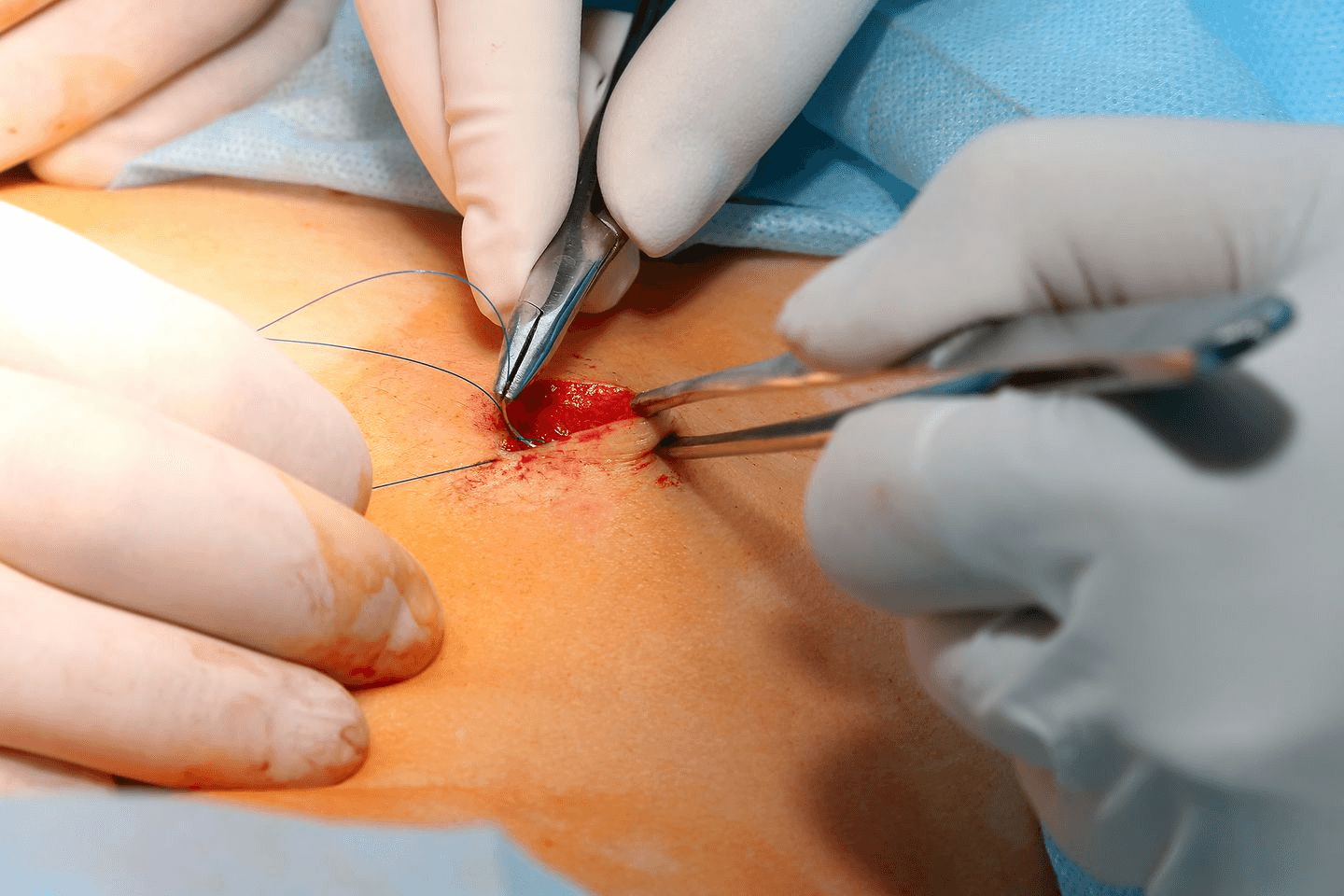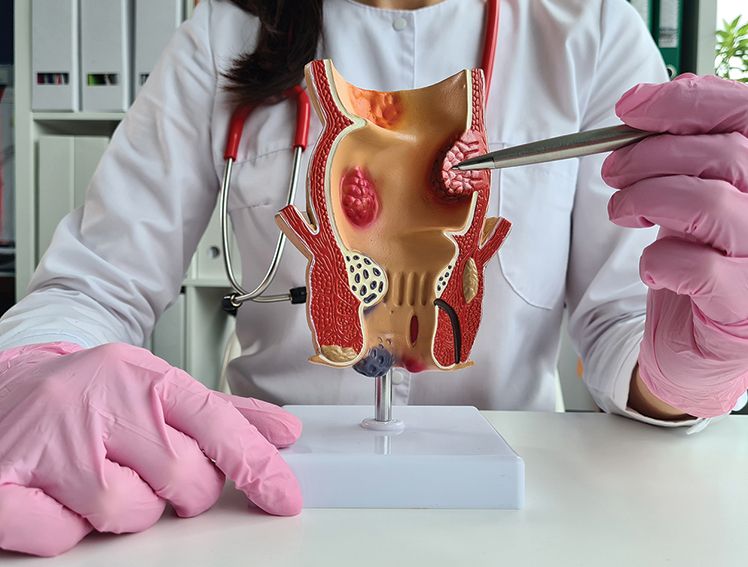
A Guide to Choosing the Right IUD for You
Introduction
Are you looking for a hassle-free, long-term contraceptive method that you don't have to think about daily? If so, an Intrauterine Device (IUD) might be just what you need. With so many contraceptive methods out there, it's easy to feel overwhelmed. But don't worry; you're not alone. In this guide, we will provide an extensive look into everything you need to know about IUDs.
What is an IUD?
An IUD, or Intrauterine Device, is a small, T-shaped device that is placed into the uterus to prevent pregnancy. It is one of the most reliable contraceptive methods available, offering long-term protection against pregnancy. Once inserted, an IUD can remain effective for several years, depending on the type chosen. IUDs work by either releasing hormones or using copper to prevent sperm from fertilizing an egg, making them highly effective in preventing unwanted pregnancies.
What are the Benefits of Using an IUD?
There are several reasons why many people opt for IUDs as their preferred contraceptive method:
Long-Term Protection: One of the most significant advantages of IUDs is their ability to provide long-term contraception. Depending on the type, an IUD can last anywhere from 3 to 10 years.
Highly Effective: IUDs are one of the most effective contraceptive methods available, with a success rate of over 99%.
Low Maintenance: Once an IUD is inserted, there is minimal maintenance required. Unlike daily pills or frequent injections, IUDs provide worry-free contraception.
Reversible: If you decide to conceive, an IUD can be removed easily, and fertility usually returns quickly.
Hormone-Free Options Available: For those who prefer to avoid hormones, there are non-hormonal IUD options available.
Minimal Side Effects: Most people experience very few side effects with IUDs, making them a preferred choice for many.
Different Types of IUDs
IUDs come in two primary types: hormonal and copper. Each type has its unique mechanism of action and benefits. Understanding these differences is crucial in selecting the right IUD for you.
Hormonal IUDs
Hormonal IUDs release a small amount of progestin-like hormone, levonorgestrel, that thickens the cervical mucus and makes it difficult for sperm to reach an egg. These IUDs can be effective for 3 to 6 years, depending on the specific type. Hormonal IUDs may also reduce menstrual bleeding and cramping, which can be beneficial for individuals who experience heavy or painful periods. However, some may experience side effects like hormonal changes, mood swings, cramps, spotting, and breast tenderness, which is important to consider.
Copper IUDs
Copper IUDs are non-hormonal and rely on copper to prevent pregnancy. The copper creates an environment that is toxic to sperm, preventing it from fertilizing an egg. Copper IUDs can last up to 10 years, making them one of the longest-lasting contraceptive methods. They are an excellent choice for those who want to avoid hormonal contraceptives. However, some individuals may experience heavier periods or increased cramping with copper IUDs, particularly in the first few months after insertion.
Factors to Consider When Choosing an IUD
Choosing the right IUD involves considering several factors to ensure it aligns with your lifestyle and health needs:
Health Conditions: Some health conditions may influence the type of IUD you can use. It's essential to discuss any medical history with a healthcare provider before deciding.
Menstrual Preferences: If you have heavy or painful periods, a hormonal IUD might be more suitable, as it can help reduce menstrual flow and cramps.
Duration of Use: Consider how long you want the contraceptive to last. If you're looking for a long-term solution, a copper IUD might be a better option.
Side Effects: Both hormonal and copper IUDs can have side effects. Understanding these and how they may impact you is crucial.
Reversibility: If you plan to conceive soon, discuss how quickly fertility returns after removing the IUD.
Comfort and Convenience: Consider how comfortable you are with the insertion process and any required follow-up appointments.
What to Expect During IUD Insertion
The thought of inserting an IUD can be intimidating for many, but knowing what to expect can help ease any concerns. The process is relatively quick and straightforward:
Preparation: Before the procedure, your healthcare provider will review your medical history, perform a pelvic exam, and discuss which type of IUD is best for you.
Insertion: During insertion, the IUD is placed inside the uterus using a small, thin tube. The process takes only a few minutes, but you may experience mild cramping or discomfort.
Post-Insertion: After the IUD is inserted, some may experience cramping or light spotting. These symptoms typically subside within a few days.
Follow-Up: It's essential to have a follow-up appointment a few weeks after insertion to ensure the IUD is correctly positioned and that there are no complications.
FIONA BY MERIL
Fiona is a hormonal intrauterine device (IUD) equipped with a drug reservoir containing Levonorgestrel. Designed for simplicity and safety, it features a lock mechanism and offers up to five years of effective contraception. Key benefits of Fiona include reduced menstrual bleeding, prevention of endometrial issues, and no significant impact on body weight.
IUDs Offered By Meril
ERINNA BY MERIL
Erinna, another hormonal IUD using levonorgestrel, provides effective contraception for up to five years. It is noted for its ease of use and ability to reduce menstrual bleeding while also potentially preventing endometrial complications. Like Fiona, Erinna is cost-effective and minimally impacts sexual activity.
MERITE BY MERIL
MeriTe by Meril offers a range of copper intrauterine contraceptive devices (IUDs) designed to provide effective long-term contraception. The Merite Cu series, including Cu 375, Cu 250, and Cu 380 A, are copper-based IUDs known for their high efficacy and safety profiles. These devices are inserted into the uterus to prevent pregnancy by releasing copper ions, which are toxic to sperm. They are a popular choice for women seeking a non-hormonal, reversible contraceptive method that offers protection for several years.
Consultation with Healthcare Provider
Before deciding on an IUD, it's essential to consult with a healthcare provider. They will provide guidance on which type of IUD is best for your health needs and lifestyle. You can ask them about side effects, the insertion process, and its effectiveness. A professional consultation is crucial to ensure you choose a contraceptive method that aligns with your body and preferences.
Final Note
Choosing the right IUD can feel like a big decision, but it doesn't have to be overwhelming. Remember, the best choice is the one that makes you feel comfortable and protected. Have an open conversation with your healthcare provider, weigh the options, and choose the safest way of contraception.



